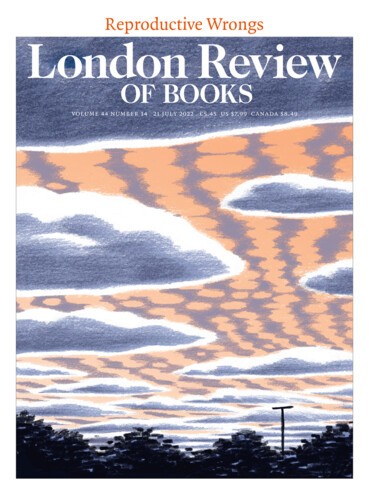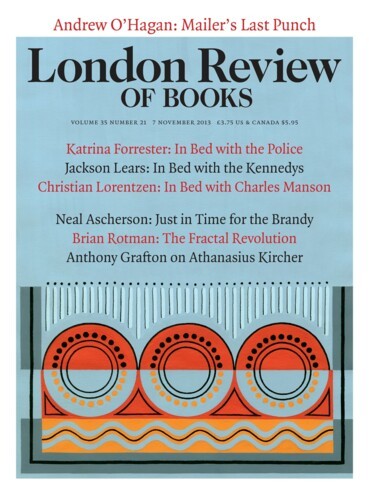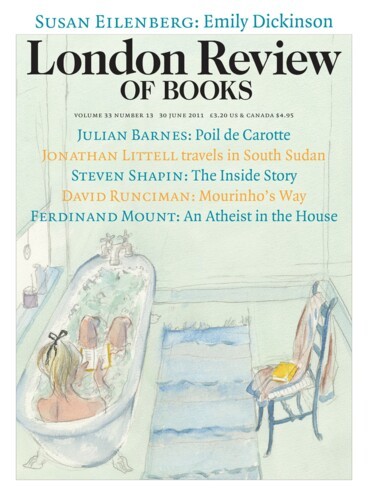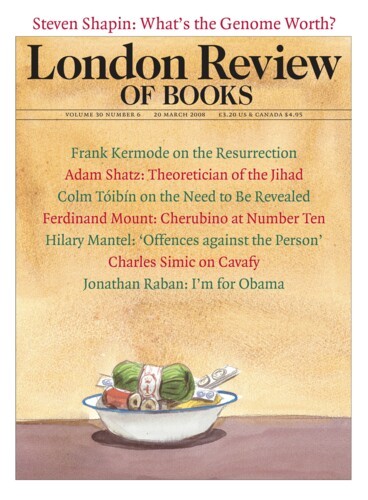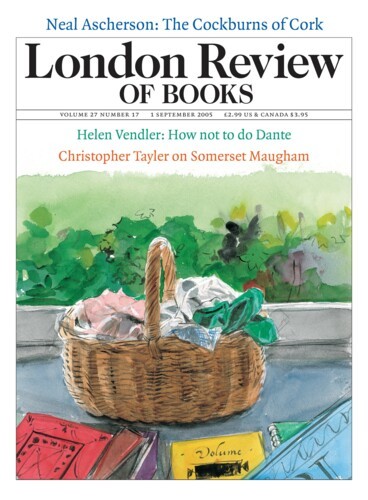Lancelot v. Galahad: Basketball Narratives
Benjamin Markovits, 21 July 2022
The UK was in the middle of its first lockdown when The Last Dance, a ten-part documentary about the 1997-98 Chicago Bulls, was released by Netflix and ESPN. The idea was presumably to coincide with the beginning of the NBA playoffs in April 2020, but as things turned out the series filled the gap created by the suspension of live basketball after the league shut down in March. Fans and...
